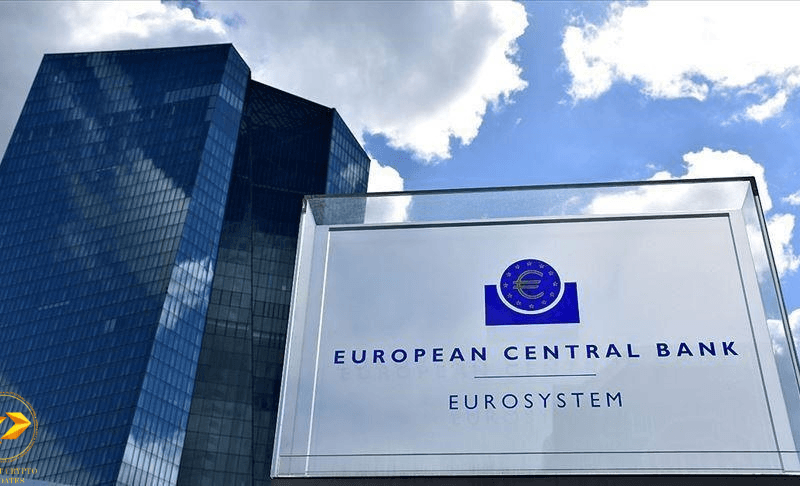Table of Contents Show
The controversy surrounding the use of Bitcoin in international finance rages on as Jürgen Schaaf, a European Central Bank (ECB) adviser, recently rejected the notion of Bitcoin as a reserve asset. Schaaf gave various reasons, such as volatility, speculation, and its non-economic necessity, further solidifying the ECB’s negative view of the top cryptocurrency.
Bitcoin’s Volatility and Speculative Nature
Among the fundamental objections to the use of Bitcoin as a reserve asset is its volatile price movements. In contrast to other reserve assets like gold or foreign exchange, the value of Bitcoin is very unstable and determined by speculation and not economic conditions. Schaaf underscored that this volatility does not make it a good tool for stabilizing economies or facilitating central banks’ monetary policies.
No Economic Necessity for Bitcoin Reserves
Schaaf went on to assert that Bitcoin has no valid economic reason to be held within the reserves of a central bank. Reserve assets are usually selected because they are stable, liquid, and can serve as an economic hedge during uncertainty. Unlike them, the decentralized and unregulated nature of Bitcoin makes its credibility in economic crises questionable.
Bitcoin’s Role in Speculation
Instead of being a fiscal buffer, Bitcoin is used frequently as a tool for speculative investment. Schaaf cautioned that including Bitcoin in reserve holdings might stimulate speculation instead of fiscal solidity, perhaps amplifying systemic risks instead of reducing them.
ECB’s Wider Skepticism Over Bitcoin
The ECB has historically been keen to decry Bitcoin, with officials serially warning against taking it up as a mainstream financial vehicle. The bank’s position is in line with wider regulatory ambitions to inquire into cryptocurrencies, so that they do not threaten financial stability or the effectiveness of monetary policy.
While Bitcoin continues to attract retail and institutional investors, its status as a reserve asset is extremely debated. The ECB’s dismissal of Bitcoin for this purpose highlights concerns regarding volatility, speculation, and economic necessity. As regulatory debate continues to develop, Bitcoin’s role in international finance will probably continue to be a matter of heated debate.
Stay Updated With the Latest Crypto News
For the latest updates, stay connected with us!
👉 Connect with us on LinkedIn: Latest Crypto Update
👉 Follow us on Instagram: Latest Crypto Update
👉 Follow us on Twitter: LCU on Twitter
👉 Subscribe to Our Newsletter for the latest crypto news and market insights.
Disclaimer:
The information provided on this website is for informational purposes only and may include third-party opinions or sponsored content. We do not offer financial advice. Before engaging with any exchange or individual, please conduct your own research and make decisions responsibly. For more details, review our Terms & Conditions.










